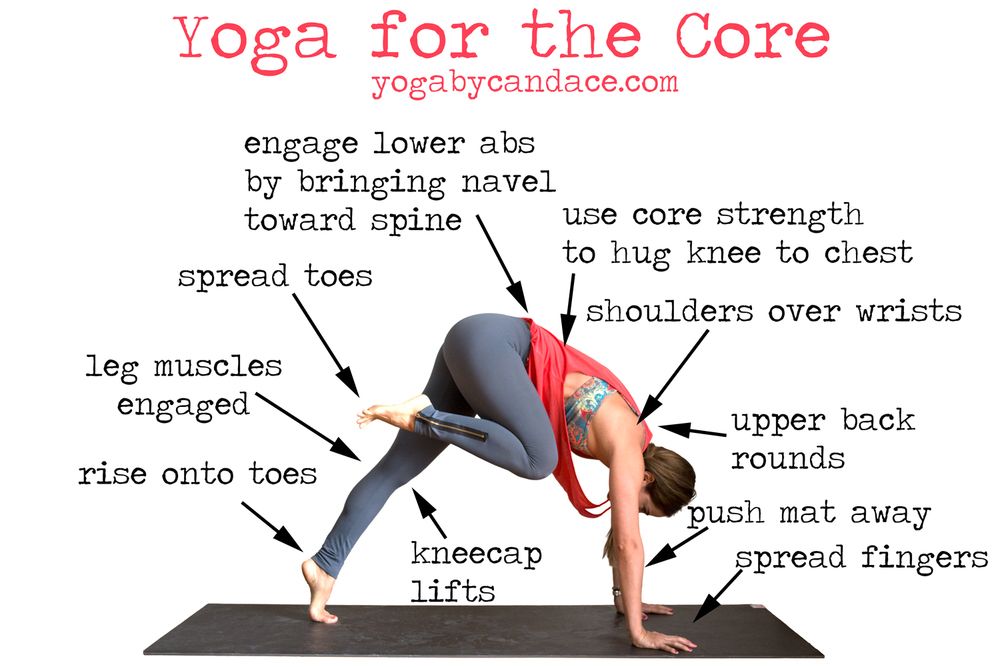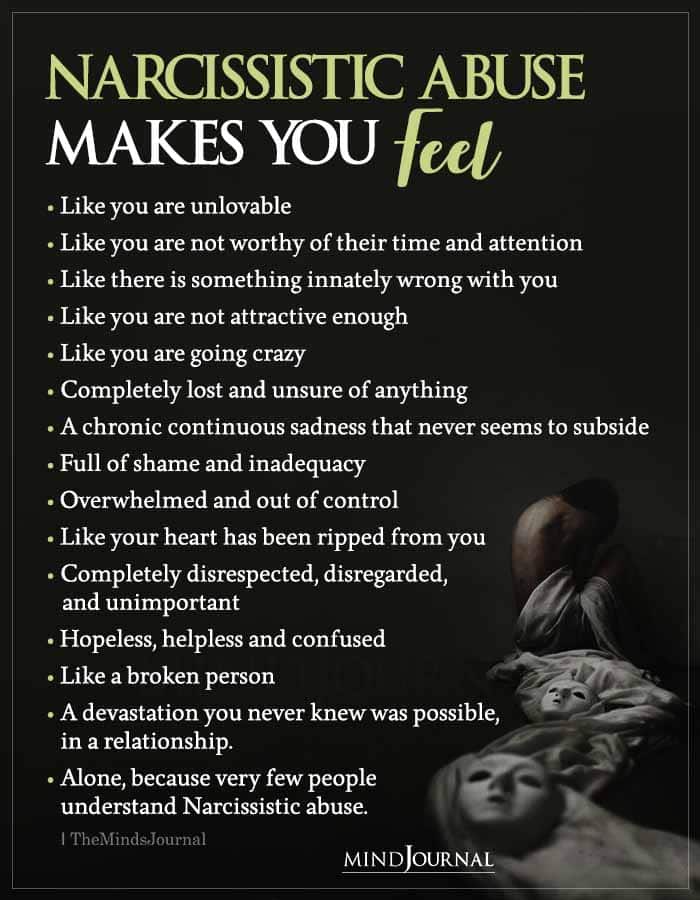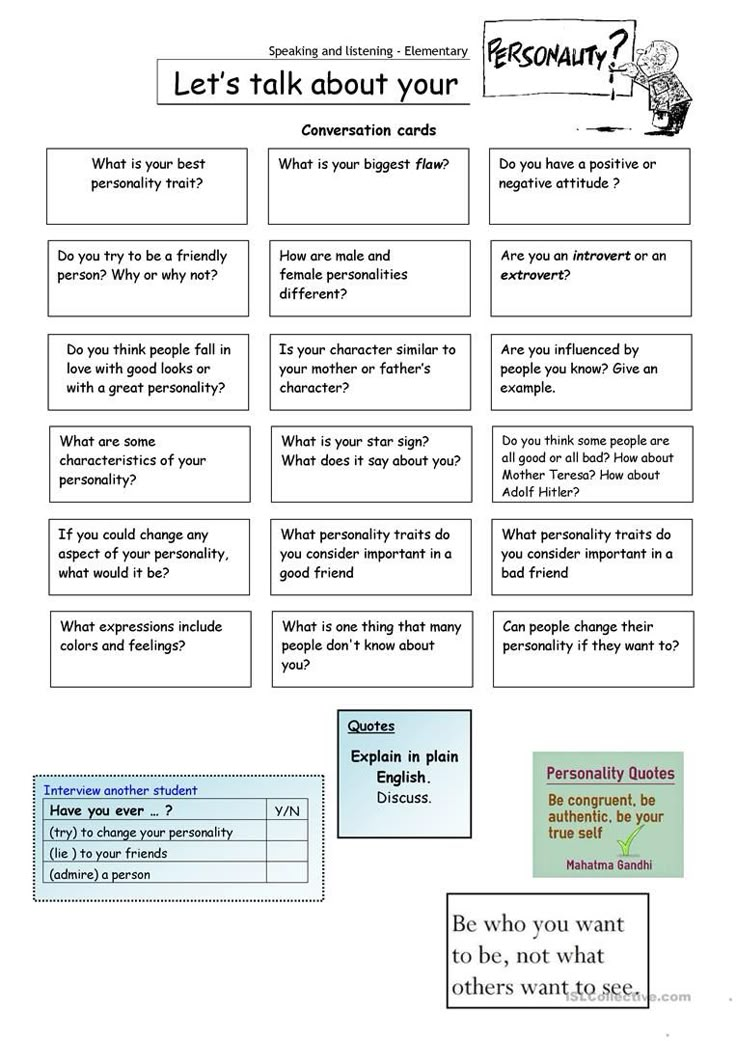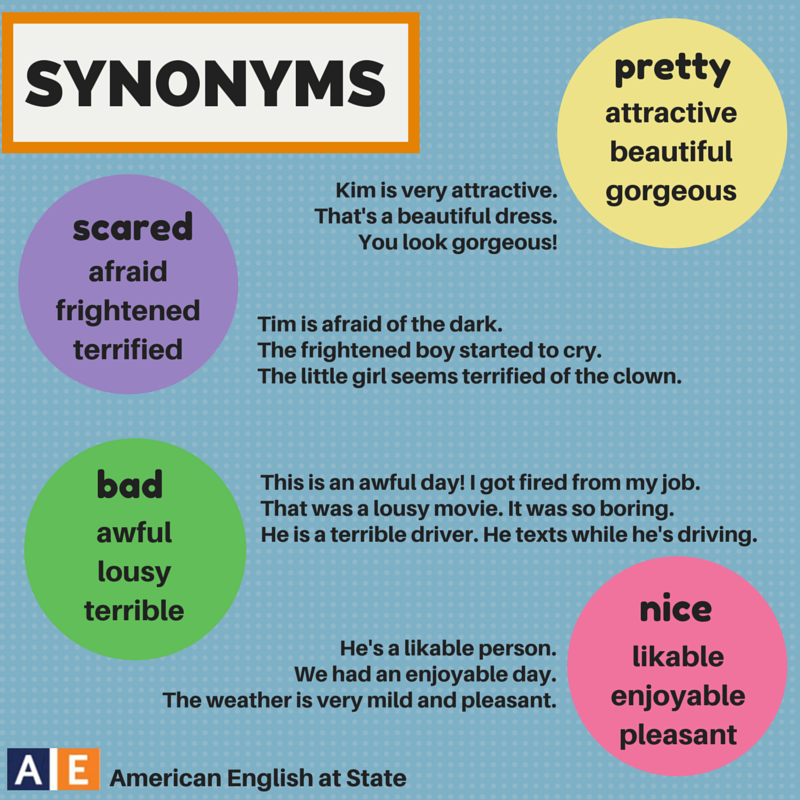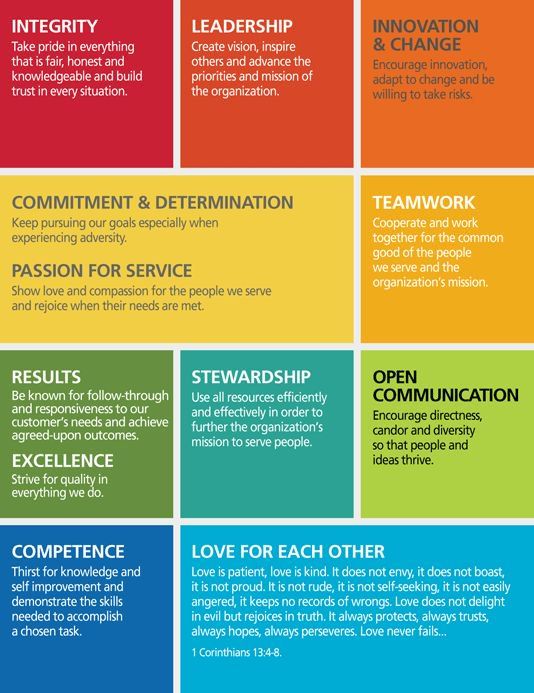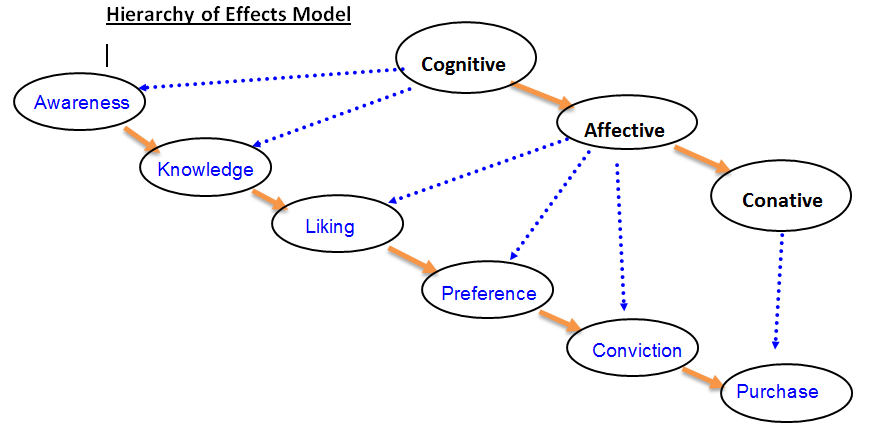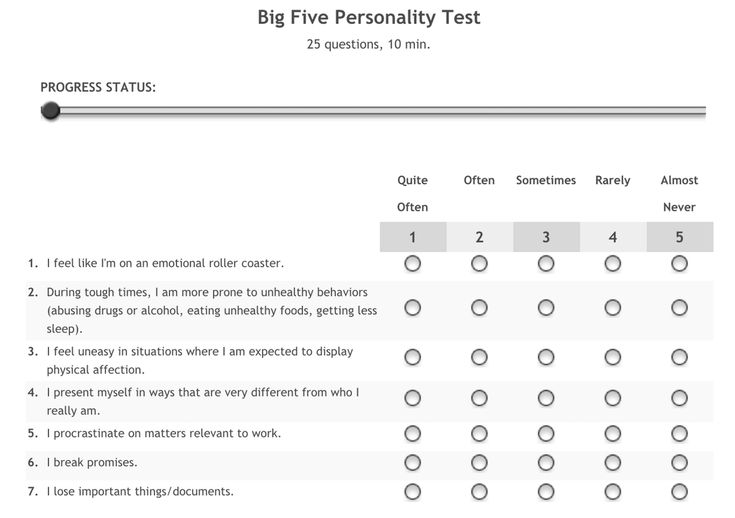What are your core strengths
Capitalize on Your Core Strengths
The key to fulfillment, life coaches believe, is to recognize and make the most of your “core strengths.” If you figure out what you are best at, and take advantage of these skills, a rewarding life will follow.
Everyone has a range of abilities, but the things that we do just because we are good at them, or because other people value them, may not be the things that make us happy. These strengths are simply a means to an end. True fulfilment comes from building our lives on our core strengths, the ones we most enjoy using.
But how do we start to identify these specific abilities among all the tasks we complete every day? One good way is to ask yourself a series of open-ended questions, such as:
- What do I love doing?
- What am I often complimented for?
- When am I happiest and most “in the moment”?
- What makes me unique, in each area of life?
- Try finishing these sentences: “I am really good at…”, “I find it easy to…”, “Faced with a challenge, the way I approach it is…”, “The talents that I use are…”
It may also be illuminating to ask your friends, family and colleagues where they believe your strengths lie. They may think you already know, so have not mentioned it before. Ask them: “What do you value most about me?” “What is the most interesting thing about me?” “What do you think my strengths are?”
The answers to these questions will give you a good idea of where your core strengths and passions lie. These skills can be practical, such as computer literacy, or less tangible, such as the ability to make people laugh. You can then focus your attention on the results, the core strengths that make you unique and can help you achieve great success and fulfilment.
The Three Realms of Core Strengths
Core strengths generally fall into the three key areas of play, personal and work. But of these, the personal area is fundamental. It might include optimism, generosity, energy, empathy, or honesty. These comprise the background of every activity you undertake.
The work area does not simply include paid employment, but all purposeful activity such as money management, housekeeping, or volunteer work.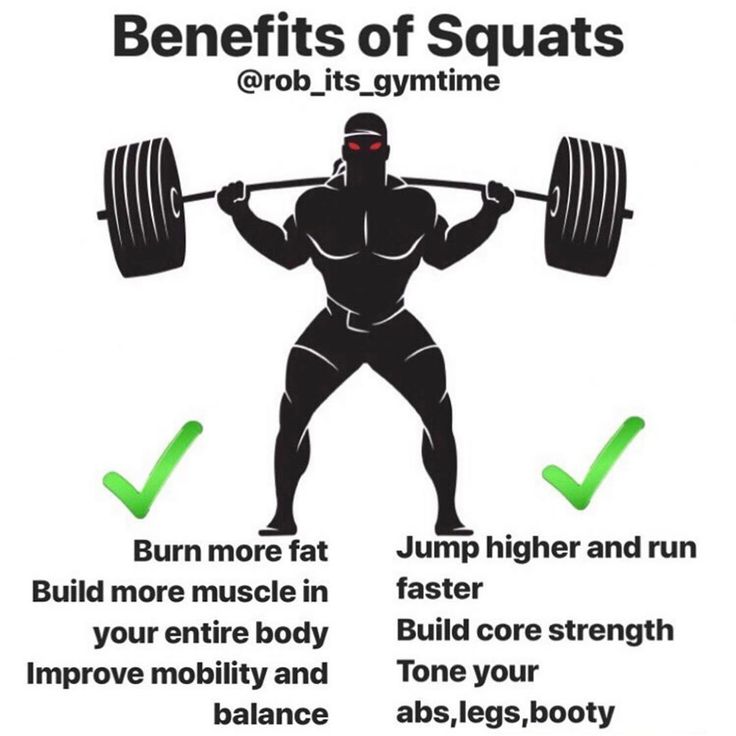 Strengths in this area may include organization and planning, time management, leadership or problem-solving.
Strengths in this area may include organization and planning, time management, leadership or problem-solving.
In the play area, your strengths may include sporting talents, creative abilities, competitiveness, or social factors such as being a great host and putting people at their ease, or allowing others to open up and share their problems.
Look for common themes across the areas of your life. Doing so, you may also identify some weaknesses. An awareness of these also is valuable, but for the time being just focus on the positive aspects, those that give you pleasure. To be truly happy, life coaches recommend that your top qualities are reflected and developed across your working life and leisure time.
Closing the Gaps
Successful people exploit their strengths and avoid putting pressure on their weaknesses. But how best to bring your core strengths to the forefront of your life? A career change is one way, but there are less radical changes you can make too:
- When possible, say no to tasks that do not play to your strengths.
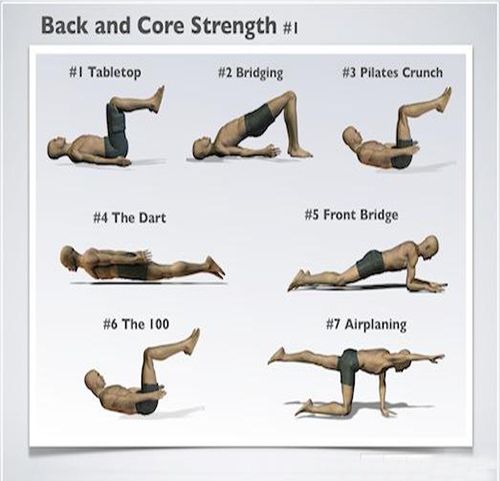 Your weaknesses are somebody else’s talents.
Your weaknesses are somebody else’s talents. - Take a step to bring one of your personal strengths to work or play. For example, your family life may benefit from some of the cheerfulness you show at work.
- Keep taking small steps until there are fewer discrepancies.
- Let go of activities you don’t enjoy. Anything which you approach with a feeling of dread, after a long period of procrastination, is not playing to your core strengths, so delegate when you can.
- Aim to spend the majority of your time on core strengths.
- Cultivate relationships with those who support you, show curiosity, and make you feel “fired up.”
- Choose one of your top talents and extend it right out of your comfort zone. For example, if you love to entertain and have a friend who loves planning, how about organizing a large charity dinner?
The price to pay for wasting and ignoring your talents usually is a life of frustration, regret and missed opportunity. One such life is described with terrifying accuracy in Kazuo Ishiguro’s novel Remains of the Day, a motivating read if you should need one.
One such life is described with terrifying accuracy in Kazuo Ishiguro’s novel Remains of the Day, a motivating read if you should need one.
Your talents are unique nothing can take them away. But they will fade with time if they are ignored. The more you choose to honor and develop your special gifts, the more you enhance every aspect of your own life as well as the lives of the people around you.
References and other resources
First Class Coach
Ishiguro, Kazuo. The Remains of the Day. 2005: Faber and Faber.
Finding a Life Coach
How to Answer What Is Your Greatest Strength [+4 Samples]
What is your greatest strength?
That sounds like an easy question, right?
You answer “It’s time-management!” and wait for the interviewer to move on to the next question.
Except, they don’t. They just keep sitting there, as if expecting more from your answer.
You freeze.
“What did I do wrong? I answered the question, didn’t I?”
Yes, you did, but not in the right way.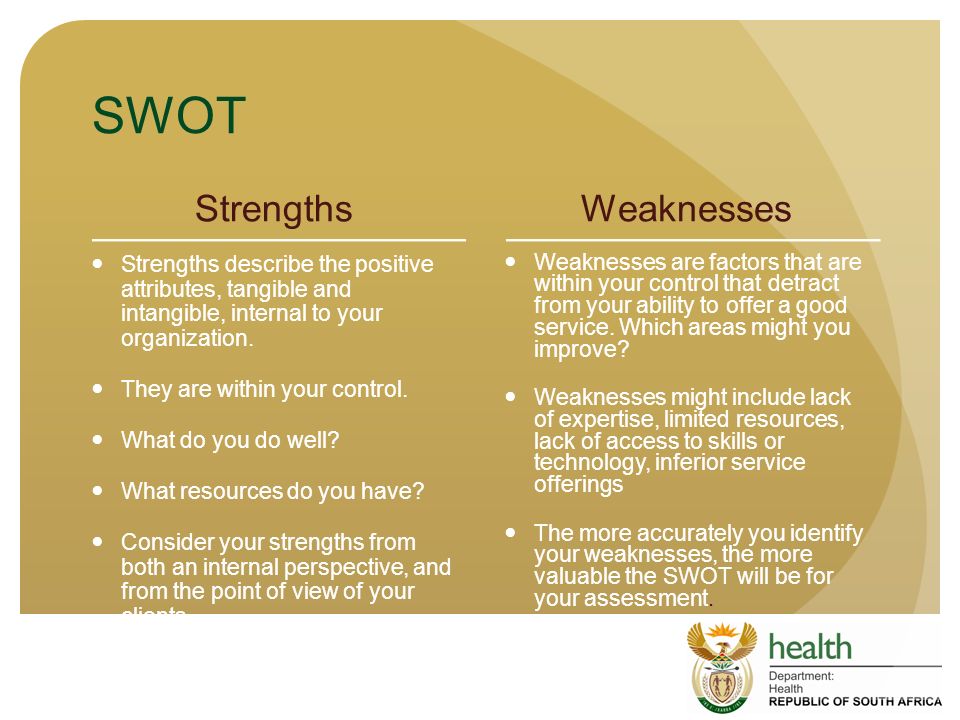 There’s a lot more to this “simple” interview question than it seems.
There’s a lot more to this “simple” interview question than it seems.
Want to learn what’s the secret behind the answer for “what’s your greatest strength?”
Read on to find out!
In this guide, we’re going to cover:- How to answer “what is your greatest strength?”
- 30+ Greatest strengths examples you can use (for different jobs)
- 4 “What is your greatest strength” interview question answer samples
How to Answer “What Is Your Greatest Strength”
“What is your greatest strength” is part of our mega-guide to 35 most common job interview questions. Want to ace that interview? Check out the complete guide!
Your strengths say a lot about you as a candidate.
By asking you about your strengths, here’s what the interviewer is looking for:
- They want to know if you know your own strengths
- They want to know if you’re realistic
- They want to know if your strengths are relevant for the job
While answering, the HR manager is going to expect examples from you.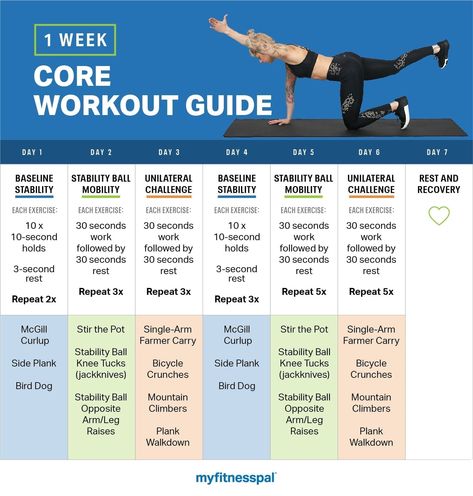
So, to answer correctly, you need to convey the above 3 points in your answer and provide a real-life, relevant example of the strength in action.
You can claim you’re the most hard-working person in the world and amazing at time-management, but without providing an example, you might as well be making the whole thing up.
So, when considering which strength to mention, think about when was the last time you used it.
What happened? How did you react to the situation? How did your strength help solve the problem?
Basically, the formulaic approach to answering the question is the following:
- State your strength
- Provide an example of when you used this strength and how
- (Optional) Describe what kind of impact you made
Upgrade My Resume
Here’s what a real-life example of what that might look like:
Sample answer:“My biggest strength is that I can think on my feet and can work under a lot of pressure.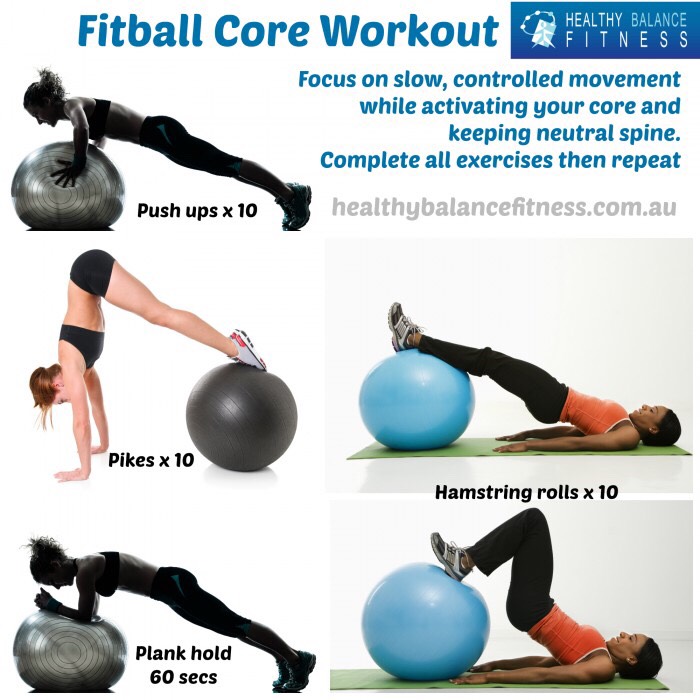 As an event manager at Company X, we were organizing an IT conference that needed a number of last-minute changes - due to a speaker canceling because of an emergency and 2 of our volunteers not being able to show up.
As an event manager at Company X, we were organizing an IT conference that needed a number of last-minute changes - due to a speaker canceling because of an emergency and 2 of our volunteers not being able to show up.
So, we allocated more time to each speaker and added a QA section at the end of each speech. We also encouraged the present speakers to talk about their business and personal experience more in-depth after they were done with their speech.
As for being understaffed, one day before the conference, I reached out to my network and found 2 students who were willing to help out. I personally met them 2 hours before the conference and got them up to speed with everything we were doing for the day, and gave them their tasks.
In the end, everything went well without any other problems popping up.”
The more specific your example is - the better.
Make sure you also give some background and context if necessary and explain how and why you made the decisions.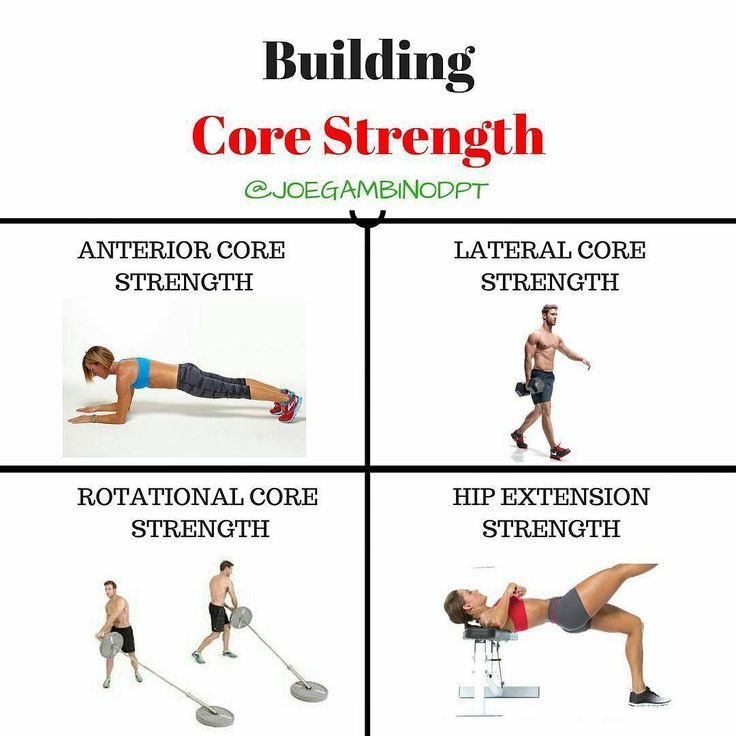
You want to make sure your example paints you in a positive light (obviously), but also so that you’re not showing off.
Speaking of, make sure to be humble when talking about your strengths.
You want to flatter yourself, but not to the point where you’re bragging about it.
Talk about your experience matter-of-factly instead of singing praise for yourself.
Pro TipIt’s a good idea to think about your strengths and examples before you go to the interview.
So, sit down, list out what you think your top 3 strengths are, and come up with relevant examples.
If you’re applying for different types of positions, make sure that the strengths you’re going to mention are relevant.
Applying for a role as a waiter? The restaurant manager won’t care about your strength in creative ad design
30+ Greatest Strength Examples
Not sure what your top strengths are?
Here’s a list of some of the greatest strengths you can use during an interview based on your position and industry.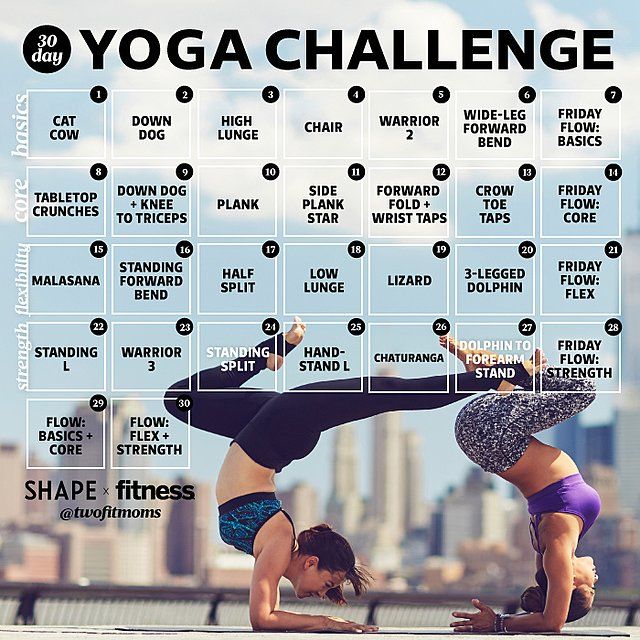
Analytical Jobs Strengths
Applying for a position as an analyst, software developer, database analyst, or anything in-between?
Consider using the following strengths (as long as you can back them up with examples, of course):
- Critical thinking
- Analytical thinking
- Problem-solving
- Detail-oriented
- Logical
Creative Jobs Strengths
Working in the creative industry?
You can say that your greatest strength is:
- Creativity
- Originality
- Open-mindedness
- Detail-oriented
- Curiosity
- Flexibility
- Versatility
Management Jobs Strengths
Born-leader, working as a manager? Use some of these strengths to show off your managerial skills:
- Leadership
- Organization
- Communication skills
- Persuasion
- Teamwork
- Detail-oriented
- Diplomatic
- Responsible
Hands-On Jobs Strengths
Working in retail? Service industry?
You can say that you are:
- Hard-working
- Detail-oriented
- Motivated
- Good at multitasking
- Problem-solving
- Punctual
Communication Jobs Strengths
Finally, if your job involves sales, customer support, or something along those lines, you can mention that your greatest strength is any of the following:
- Charisma
- Communication skills
- Energetic
- Persuasion
- Witty
- Social
To recap, here are the list of strengths based on the type of job you’re applying for:
4 “What Is Your Greatest Strength” Answer Samples
Looking for more inspiration on how to answer “what is your greatest strength?”
Here are 4 more sample answers for:
- Experienced professionals
- Recent graduates
- Service industry workers
- Prospective students
Greatest Strength Answer Sample for Experienced Professional
I’m a very good writer.
My last 2 jobs were 99% copywriting. So far, I’ve done pretty much everything writing related: email marketing, website copy, blog posts, I’ve even ghost-written an e-book for a client.
I’ve also guest-posted on several popular blogs, such as Blog X and Blog Y.
Greatest Strength Answer Sample for Student or Recent Graduate
I work pretty well under pressure. When I was studying at University X, I’ve had several situations where I had to come up with a solution to some problem or another with a very limited time frame.
During a class on Databases, we had to come up with a relational database for a fake business. Our team lead turned out to be extremely unorganized - he organized a single meeting, gave us some vague tasks, and we never heard from him again.
I already had some experience working with databases, so I did my part in advance and started waiting for the rest of the team. I was in charge of doing the design, and the team was supposed to translate the schema into an actual database.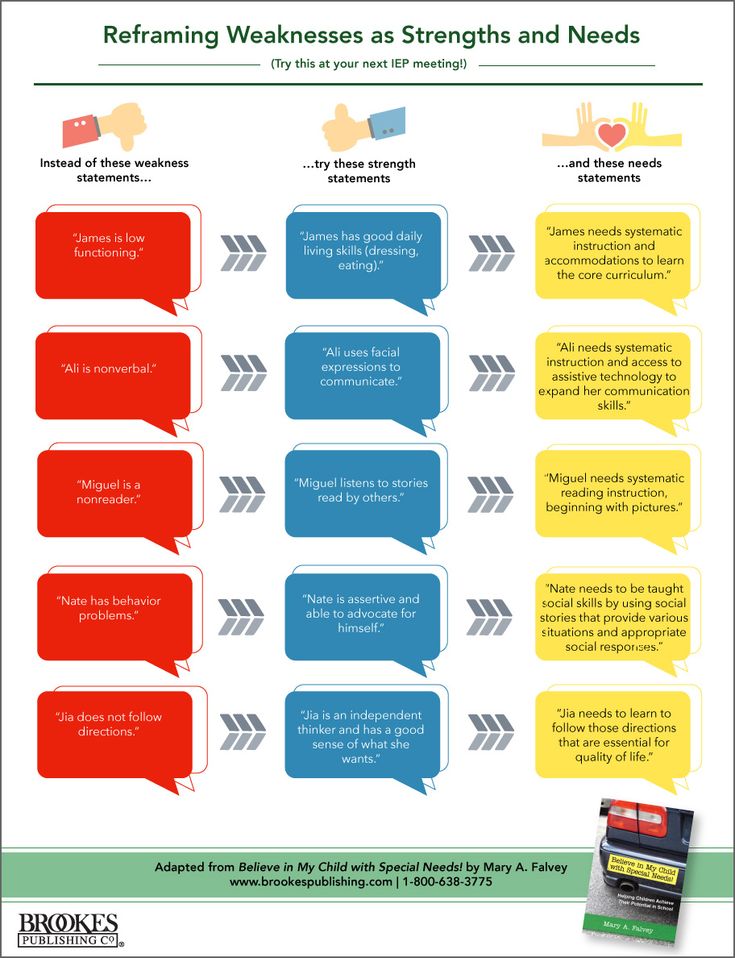
Around a week before the deadline, I saw that no one was doing anything, so I organized a sync meeting.
Turns out the rest of the team didn’t do anything, and the team lead was out of town. So, I had to take charge of the team and make sure we had the project ready by the deadline. I personally helped each of my teammates' help do their part, and also organized 2 more sync meetings to make sure we did everything right.
Eventually, we ended up submitting the project on time AND getting an A.
Greatest Strength Answer Sample for Service Industry
I’m very communicative and really get along with people.
After 3 years of experience in the service industry, I have no problem with building instant rapport and actively engaging with customers.
I’m also pretty good at performing under pressure. At Restaurant X, there was constant chaos, especially during peak season.
The place was completely packed at all times, and the whole thing felt like a race against time.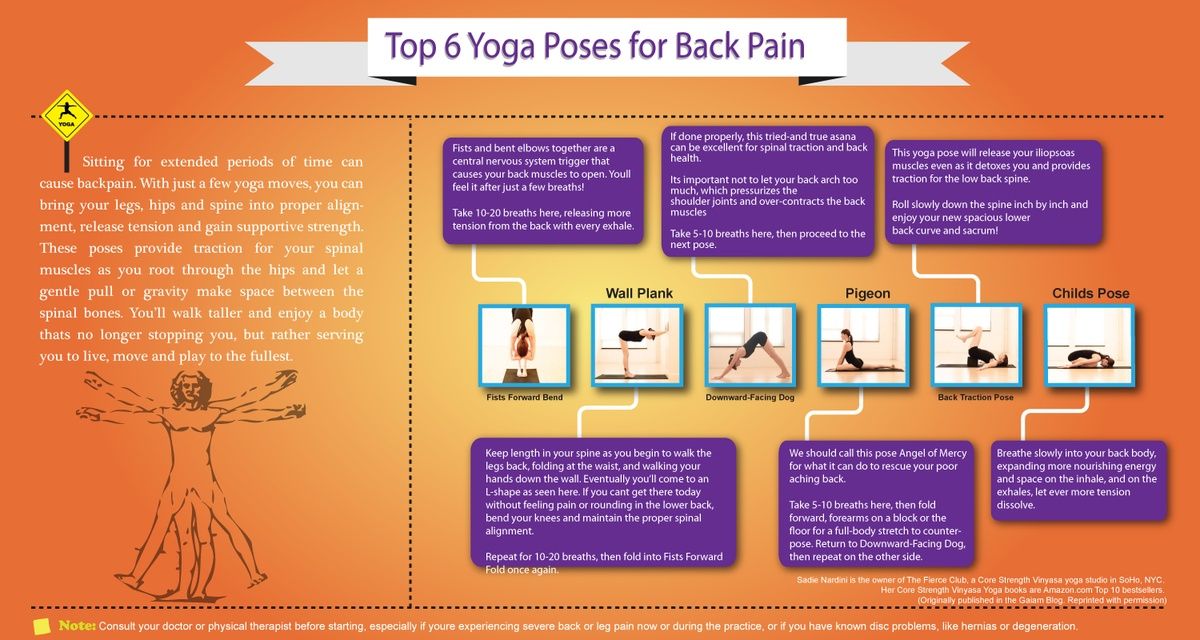 I actually enjoyed the experience, though. Ended up going back 3 summers in a row.
I actually enjoyed the experience, though. Ended up going back 3 summers in a row.
Greatest Strength Answer Sample for University Admissions
I would say that it’s my time-management skill by far.
During my senior year, I managed to maintain a 3.7 GPA, while at the same time doing a ton of different extracurricular activities. Specifically, I’ve volunteered, was part of the student council, and part of the managing team of the business club.
I’m a huge fan of scheduling pretty much everything I do. I need to know what I’m doing, when, and how long it’s going to take me. This way, I’ve never missed a deadline, assignment, or any other responsibility.
On the other hand, you could also say that that’s my weakness, haha. If the organization or team is unorganized, I’m not going to be too happy working with them.
Key Takeaways
And that’s a wrap!
Before we say “bye,” let’s quickly go through everything we’ve learned in this article…
- For each position you’re applying for, think of your top 2-3 strengths that are going to help you excel.
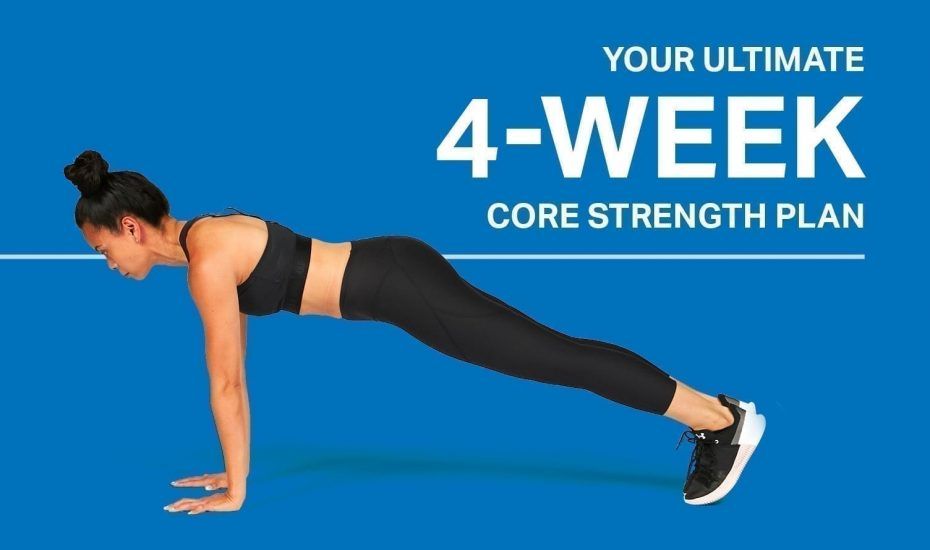 We’d recommend doing the thinking before you even go to the interview.
We’d recommend doing the thinking before you even go to the interview. - When answering, mention what your top strengths are, provide examples on how you’ve used them in the past, and finally, describe the results you’ve gotten.
- Be super specific with your answers. Don’t just say “I’m good at X” - really dive deep and give the interviewer a comprehensive answer.
Need help with your job search? Maybe your resume needs work, or you want to learn how to write a compelling cover letter?
Whichever the case is, be sure to check out our career blog. We cover industry-leading advice on how to excel in your career!
Read about more common interview questions + answers:
- 21+ Behavioral Interview Questions
- 19+ STAR Interview Questions - Complete List
- 10+ Situational Interview Questions & Answers [Complete List]
- What Are Your Strengths and Weaknesses?
- What Is Your Greatest Accomplishment?
- Where Do You See Yourself In 5 Years?
- What Are Your Career Goals?
- Tell Me About Yourself
- Why Do You Want to Work Here?
- Why Should We Hire You?
Find more tips to ace your next interview:
- How to Ace Interviews with the STAR Method [9+ Examples]
- Video Interview - Tips on How to Ace It
- Phone Interview Questions & Tips - How to Ace It
- Thank You Email After Interview
- 26+ Biggest Interview Mistakes
interview question, sample answers
“What are your strengths and weaknesses?” One way or another, at one of the interviews, you will have to hear this question. At this point, the main thing is not to get confused, but to give an honest and thoughtful answer with the right subtext that will emphasize your professionalism and impress (in a good way) the employer.
At this point, the main thing is not to get confused, but to give an honest and thoughtful answer with the right subtext that will emphasize your professionalism and impress (in a good way) the employer.
The strengths and weaknesses question is one of the most common interview questions. Therefore, try to prepare an answer to it in advance. nine0003
Even if the interview question “What are your strengths and weaknesses” is not worded in this way, it will indirectly touch on all the topics of your interview with the employer. Therefore, a pre-thought-out answer will be very useful to you.
Read articles:
“How to correctly answer the question “Tell me about yourself” at the interview: what to tell the employer about, examples of successful answers.”
“Why do you want to work in our company: 5+ best answers to the question of the employer”. nine0003
“Why We Should Hire (Choose) You: 7 Examples of Answering an Interview Question.”
“What questions can and should be asked to the employer at the interview: 10+ right questions”.
In any case, the interview is a kind of advertising, only the advertised product is you yourself. Therefore, you must be able to present yourself to the employer, focusing on your strengths and professional qualities.
Further in the article you will find tips for preparing correct answer to the employer's question, a list of strengths and weaknesses, recommendations and examples of successful answers to the question “What are your strengths and weaknesses?”.
“What are your strengths?”: a list of strengths and examples of answers to an employer's question
Surprisingly, many people find it difficult to talk about their strengths. After all, the balance between modesty and self-confidence is not easy to maintain, especially during such a stressful situation as an interview. nine0003
The first thing you need to do before you start writing a story about your strengths and weaknesses is to study the basic requirements for the position.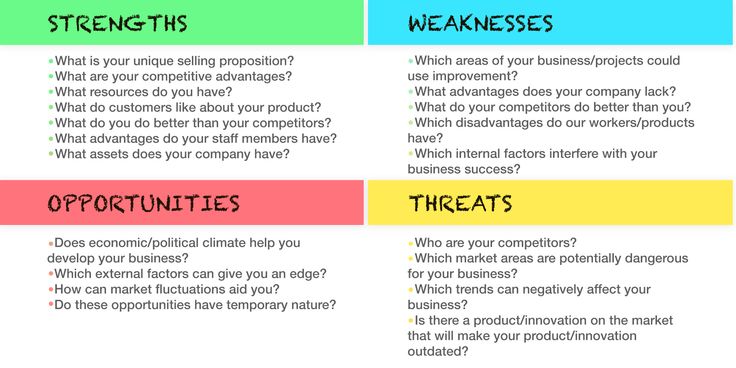 You will use these requirements as a basis for your answer in the future.
You will use these requirements as a basis for your answer in the future.
Instead of telling the employer the banal phrase “ I am very hardworking and responsible ”, try to prepare a short story about yourself. Emphasize those strengths and skills that are necessary for this particular position. Be sure to provide specific examples from your professional life. nine0003
Tell us at the interview what your strengths are, what skills and knowledge you have as a professional, and don't forget to mention your personal qualities.
Convince the employer that you are not only an excellent specialist, but also a good person.
List of strengths
Your strengths may include:
- Ability to make decisions;
- Creativity;
- Good faith; nine0050
- Honesty;
- Sociability;
- Performance;
- Initiative;
- Ability to work for results;
- diligence;
- Good faith;
- Punctuality;
- Discipline;
- Self-confidence.
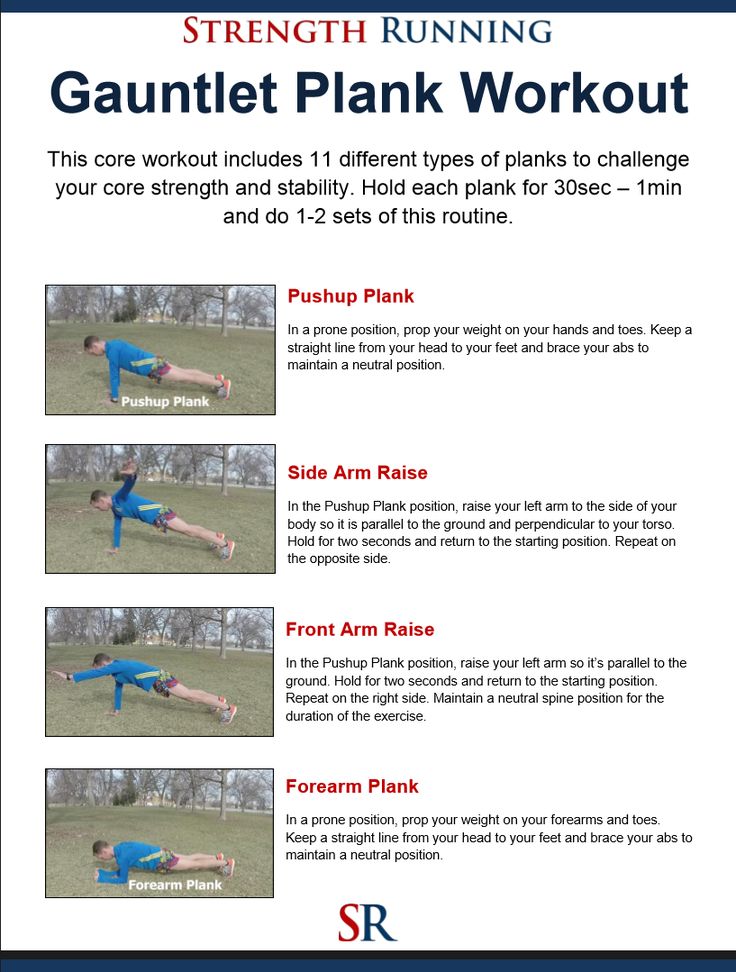
It is not necessary to list all the qualities from this list at the interview. You must clearly understand which of the strengths are necessary for the position you are applying for. nine0003
For information on what skills and abilities to include in your resume, read the article “Guide: how to write a resume for a job (composing a resume, examples, sample resume)”. And for a presentable and high-quality resume, try using Canva. This is a very convenient and simple visual editor with many ready-made templates.
Examples of successful answers to the question “What are your strengths?”
Example 1
Strength – leadership qualities
“I have always shown myself to be a born leader. I have 10 years of experience in finance and sales, and at the end of each reporting period, I have exceeded all key performance indicators. Received 3 promotions in the last 4 years.
Of course, this is not solely my merit.
I always select only highly qualified specialists for my team. And I'm proud of my ability to see potential in an employee. nine0008
I never stand still, I work on myself and develop my managerial skills. In this position, I plan to further improve my leadership qualities.”
Example 2
Strengths - communication skills and focus on results:
“I prefer to work in a team, I am easy to get in touch with, I am able to cooperate and work with colleagues together.
At Company X, I worked on various project teams that were creative people with a variety of technical tasks. But this did not stop me from getting a promotion - for the last 2 years I was in charge of the technical department. During this time, I was able to increase the production capacity of the company by 20%.” nine0008
Example 3
Strengths - responsibility, organization and discipline:
“I consider responsibility and discipline to be my strengths, I easily obey the rules, I work conscientiously.
I just can't help it.
I remember there was a case when my colleague forgot about the project, and there was only one day left before the deadline for submitting the material. The editor-in-chief asked me to at least try to fix the situation somehow. Since the article was important for our newspaper, I immediately set to work and was able to complete it right on time. By the way, the article turned out to be of high quality and our reader took it with a bang.” nine0008
Mistakes to avoid when talking about your strengths
- Do not list all of your strengths. It will be enough for one or two, maximum three qualities, but precisely those that are directly related to the position being applied for. And don't forget to give examples.
- Don't joke.
- Do not be arrogant, do not exaggerate your abilities and do not lie.
- But don't be too modest, don't belittle yourself. nine0050
“What are your weaknesses? “: what to answer to the employer at the interview
The question of strengths and weaknesses is quite complicated. For one part of this question (about strengths), you are already prepared and know what to answer to the employer.
For one part of this question (about strengths), you are already prepared and know what to answer to the employer.
But what do you say when you are asked about your weaknesses? After all, if you answer that you have no flaws, you will seem arrogant to the interviewer. Conversely, name too many negative qualities, and it will destroy all your chances of getting the desired position. nine0003
In the eyes of the employer, you should look quite modest and at the same time show that you are working on yourself. For example, tell an appropriate story about the steps you take to turn your weaknesses into strengths.
Build your answer using the following chart:
“weakness - > context, example, or history of how this aspect manifests itself in your professional activity”
Examples of answers to the employer’s question “What are your weaknesses”
Example 1
Weakness - self-criticism
“ I am overly critical of myself.
Throughout my career, I notice the same pattern behind me: no matter how well I did the task, I still feel that I could have done even better. The end result is burnout.
I decided that something had to be done about it, and I started working on my self-confidence. Therefore, for the past two years, after I finish work on any project, I try to take a break: I celebrate my achievements and praise myself for the work done. It also helped me treat my colleagues differently, notice their successes and rejoice in common victories.” nine0008
Example 2
Weakness – procrastination or a tendency to constantly put off things “for tomorrow”
“I have a negative character trait - to put off everything until later. I used to always think that procrastination was just my problem. But while working at Company X as an engineer, I realized that because of my habit, our entire team began to suffer. Colleagues were stressed - whether we would have time to complete the project on time at all.
And, as a result, the atmosphere in the team was heating up. nine0008
At that moment I realized that it was time to change something, it couldn't go on like this anymore, otherwise I would lose my job. I began to make myself a list of tasks for the day and perform them in a strict sequence. Thanks to this planning, I became much more organized.”
Example 3
Weakness - fear of public speaking
“ To complete a project and prepare a presentation for it is a piece of cake for me. But when it comes to speaking in front of colleagues or potential investors, all my confidence evaporates somewhere. nine0008
The head of our department was aware of this problem and usually asked someone from the team to come forward and present the project. And then one day, while listening to the speech of my colleague, I realized very clearly that only I myself, its author, can present my project, my brainchild in all the details, with all the details and nuances.
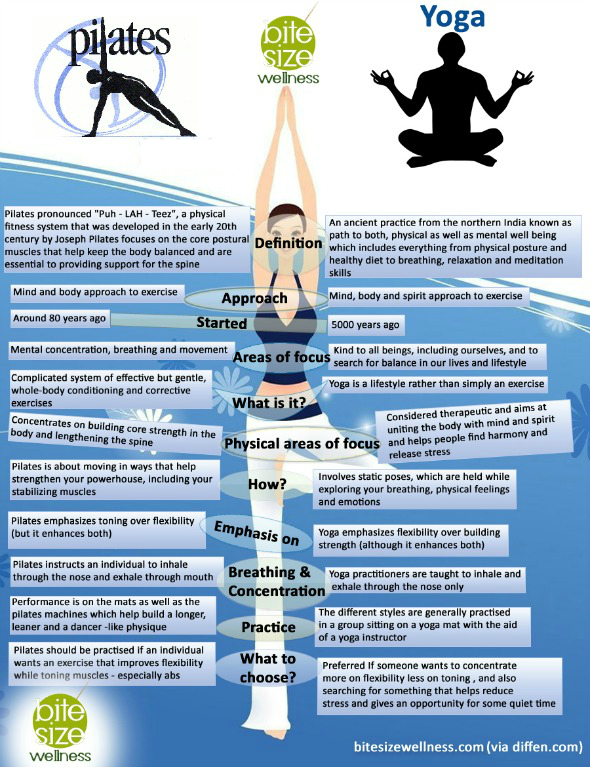
I began to prepare for the performance in advance, rehearsed and even recorded myself on video. This helped me look at myself from the side and notice mistakes - the voice trembled, the intonation was wrong, there was no eye contact, etc. Now, the more I perform in front of the public, the more confident I become.” nine0008
List of weaknesses
Of course, it is not at all easy to admit your shortcomings and even more so to tell an outsider about it. But still, nothing can compare with a truthful and sincere answer.
Here it is important to observe one rule :
tell us about a shortcoming that will not directly affect the performance of job duties at a new job, or about a negative quality that you are actively working on and trying to improve. nine0003
Examples of shortcomings or weaknesses:
- Disorganized
- Perfectionism (if you notice negative consequences)
- Self-doubt, shyness, fear of public speaking
- Procrastination
- Increased anxiety
- Excessive thoroughness
- Self-confidence
- Emotionality
- Lack of experience
- Fear of flying
- Excessive gullibility to people
- Restlessness
Some weaknesses in one profession may be advantages in another.
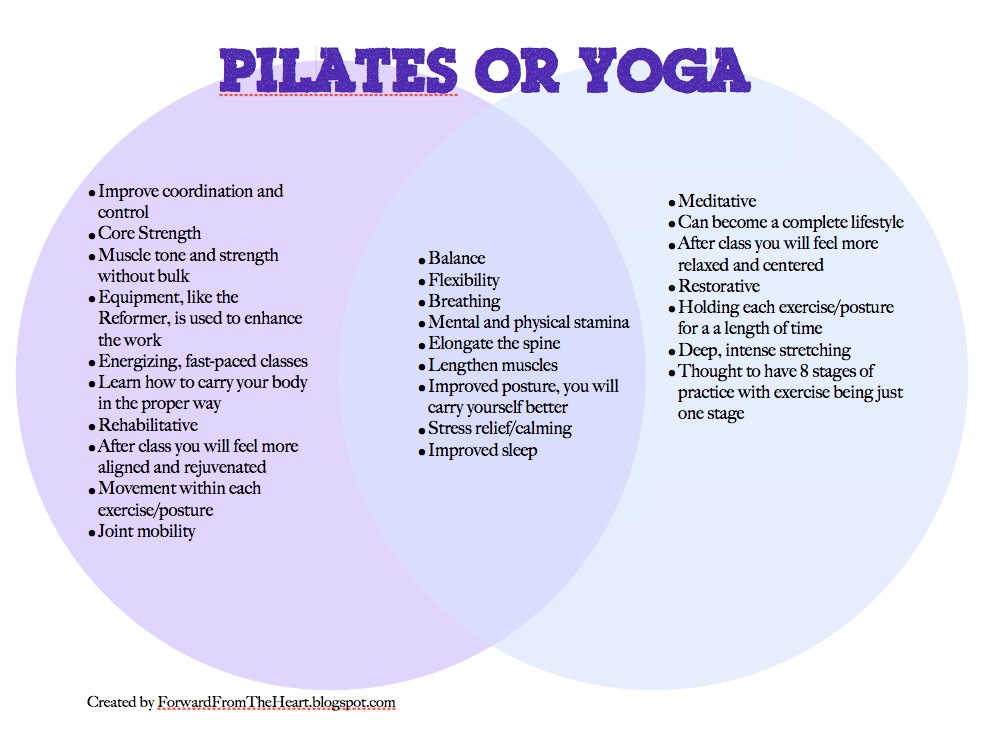
But the fact that you are lazy, not punctual, do not take responsibility and do not like to make decisions, it is better not to tell your potential employer at the interview.
Conclusion
When asking a question about strengths and weaknesses, the employer, first of all, wants to understand how adequately you evaluate yourself, what qualities you think you possess. nine0003
Be sure to take the time to prepare for the questions you may be asked in an interview. This experience will stay with you for life. Easy interview for you!
P.S.: Did you like the article? Share the link on social networks! Thank you!
Cover photo - freepik.com
How useful was this post?
Click on a star to rate it!
Average rating 3.6 / 5. Vote count: 5
No votes so far! Be the first to rate this post. nine0003
Your strengths and weaknesses: what to say at the interview - Ideonomics - Smart about the main thing
Photo: LinkedIn If during the interview you were asked the question "What are your strengths and weaknesses?" to a minimum of what is not, while maintaining honesty. For example, two candidates, Francine and William, are interviewing for a customer service manager position. As always, they are asked about strengths and weaknesses.
For example, two candidates, Francine and William, are interviewing for a customer service manager position. As always, they are asked about strengths and weaknesses.
Francine first. She says: “My strength is hard work. And the weakness is that I get very worried when I miss a deadline because of someone else's mistake. nine0003
This answer is unimaginative, it's a no brainer. Most people consider themselves hardworking - who even admits that they are not? Besides, Francine's weakness is, strictly speaking, not a weakness at all; and she shifts the responsibility: someone - but not her - makes a mistake that makes her worry.
Now it's William's turn. He also has difficulty with this issue. “I can't really name any weaknesses,” he begins. “Perhaps I could be more concentrated. My strong point is probably the ability to communicate with people. I'm pretty accommodating. I usually don't get upset over trifles." nine0003
This answer starts with a negative, then moves to vague words: maybe, probably, pretty, and usually.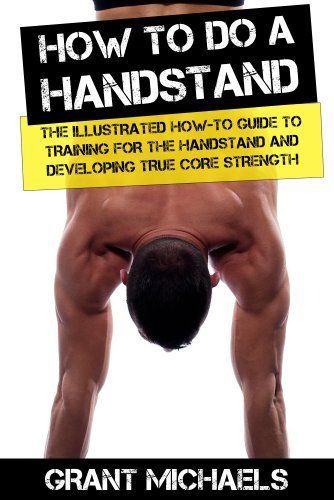 In general, William did not speak too convincingly.
In general, William did not speak too convincingly.
So what is the best way to answer this question that is often asked in an interview?
Assessing weaknesses
Let's take the hard part first - your weaknesses. This is perhaps the scariest part of the question. Everyone has weaknesses, but who wants to admit to them, especially in a job interview? nine0003
Here are some examples of shortcomings that can be mentioned:
- excessive self-criticism
- trying to please everyone
- poor understanding of the latest software
The best way to deal with this issue is to minimize the negative and emphasize the positive. Pick a trait and come up with a solution to overcome that weakness. Avoid mentioning personal qualities and focus on professional qualities. For example: “I pride myself on being able to look at things broadly. I must admit that sometimes I miss small details, but there is always someone in my team who is attentive to details.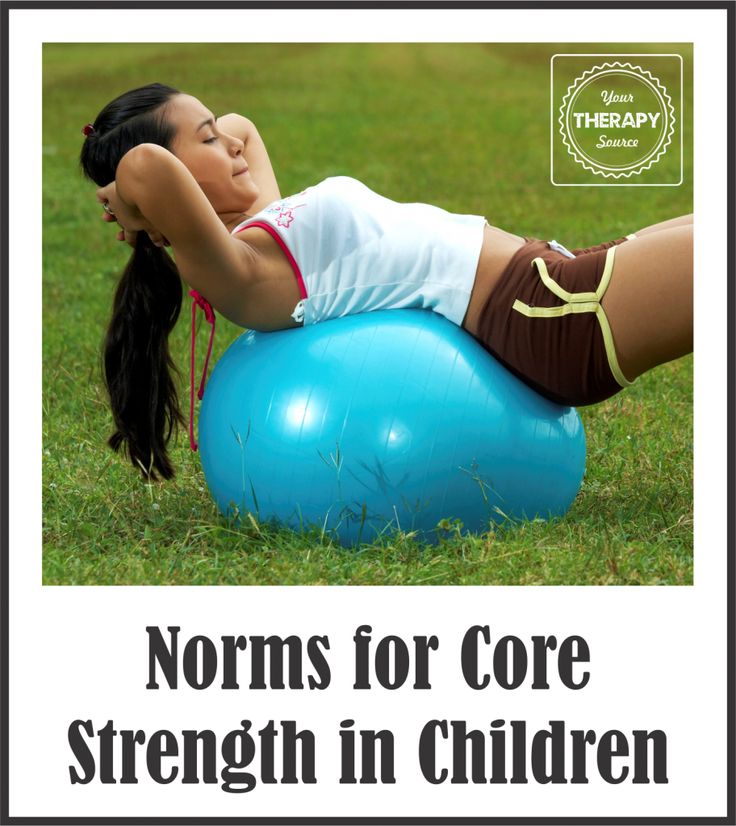 nine0003
nine0003
Assessing strengths
When it comes time to praise yourself, you must be very specific. Assess your skills to determine your strengths. This exercise should be done before any interview. Make a list of skills, dividing them into three categories:
Knowledge-based skills : acquired through education and experience (eg computer skills, languages, degrees, learning ability and technical ability).
Mobile Skills : Skills that you carry from job to job (eg communication skills, people skills, analytical problem solving and planning skills).
Personality : Your unique qualities (eg, reliable, flexible, friendly, hard-working, expressive, formal, punctual, team player).
Here are the strengths to mention:
- enthusiasm
- reliability
- creativity
- discipline
- patience
- deference
- decisiveness
- dedication
- honesty
- versatility
When you've completed your list, pick three to five strengths that match the requirements the employer is listing in the job posting.